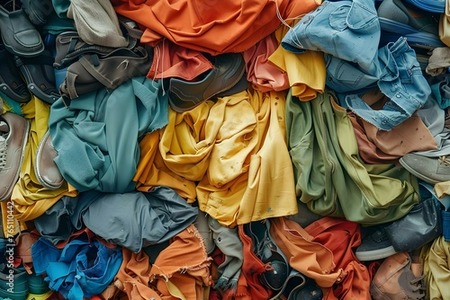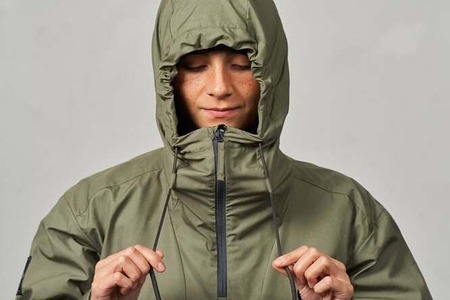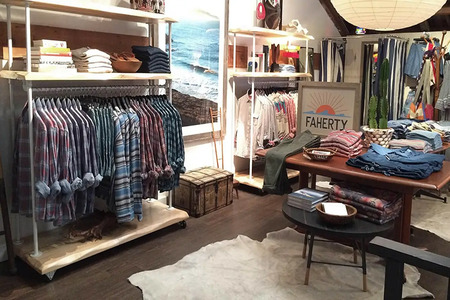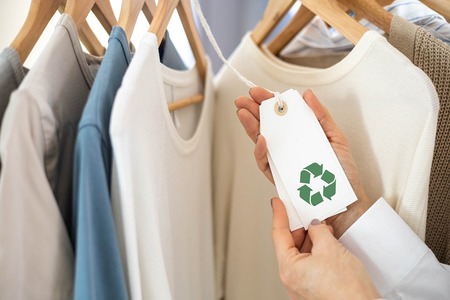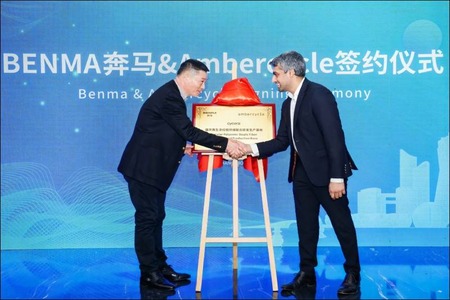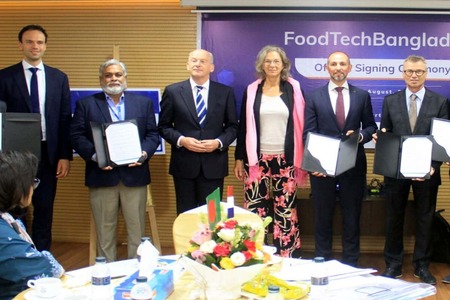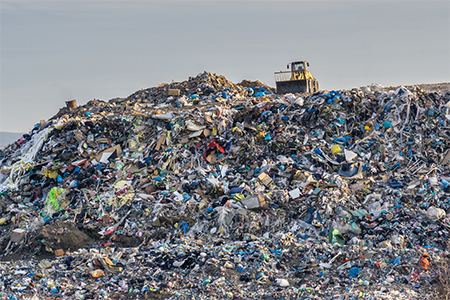
Texon to take up zero waste initiative
YarnsandFibers News Bureau 2020-02-24 07:38:22 – ItalyTextile manufacturer Texon has announced new sustainability targets as it strives to become a zero waste company.
As part of its Zerofootprint strategy, the company has outlined ambitious plans to ensure 90 per cent of its waste is recycled or reused, its carbon footprint and utilisation of virgin materials is halved and water usage and waste water is cut by 20 per cent, all by 2025.
“At the start of a new decade, we’re renewing our commitment to sustainability and pledging to do more in collaboration with our customers and supply base,” Texon’s CEO, Jelle Tolsma, has said.
Texon develops footwear components and performance fabrics for the likes of Adidas, Nike, Reebok, Timberland and Vans, serving 90 countries with annual production outputs of more than 30 million square metres of fabric.
As a defining decade for the textile and fashion industries gets underway, Texon has reiterated its commitment to accelerating sustainability progress within its supply chain with timebound targets to achieve within the next five years.
Eliminating waste takes precedence, as the company vies to live up to a mantra of ‘Zero Waste by 2025’. That said, the company has set the target of ensuring 90 per cent of its production waste is either reused or recycled – perhaps a benchmark that the company will vie to achieve as a very minimum.
Halving its carbon emissions and reliance on virgin materials is also an ambition of the firm, along with cutting water and wastewater by 20 per cent. Tolsma insists: “As a business we’ve identified a series of sustainability goals that will further accelerate our journey to becoming a world class sustainable company and drive us closer towards our ambition of zero waste.”
In-line with work to cut its dependence on virgin fibre, Texon says “pioneering new solutions” in the pipeline should curb any reliance on virgin cellulose. In terms of water consumption: “We’re going above and beyond to limit what we use. Where we do use water, we make sure we recycle and return it back to nature even cleaner than when it came out so it can be reused.”
Finally, locating factories closer to key markets and re-strategising how it ships stock, it’s hoped, will offset emissions.
“Zerofootprint will serve as a constant reminder to us, and to our customers, that there is always more that companies can do - collectively and individually,” Tolsma concluded.
Source: EcoTextile News
Market Intelligence
Ask for free sample Report

experience
Customer Base
dedicated team
Countries Served Worldwide



